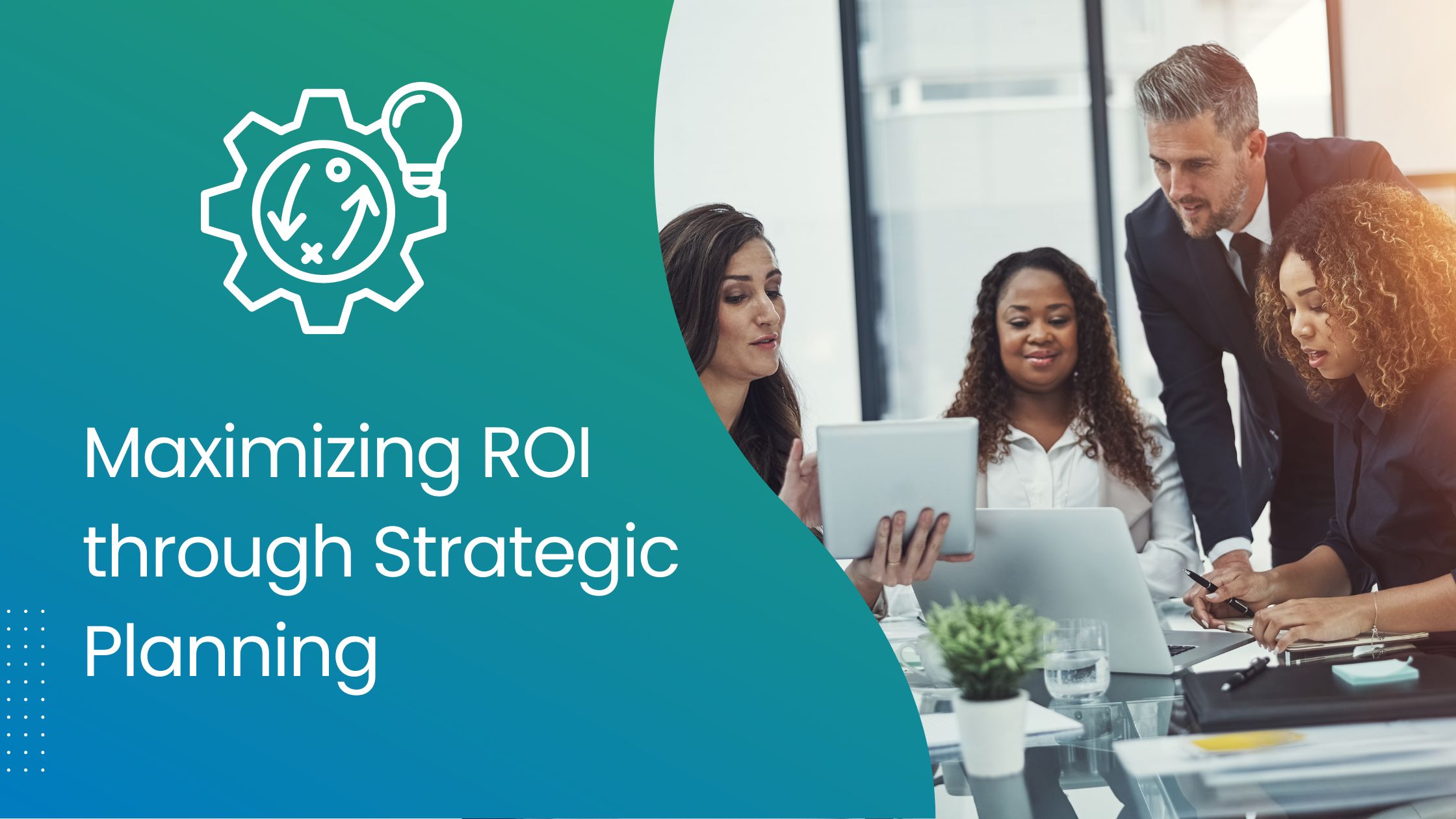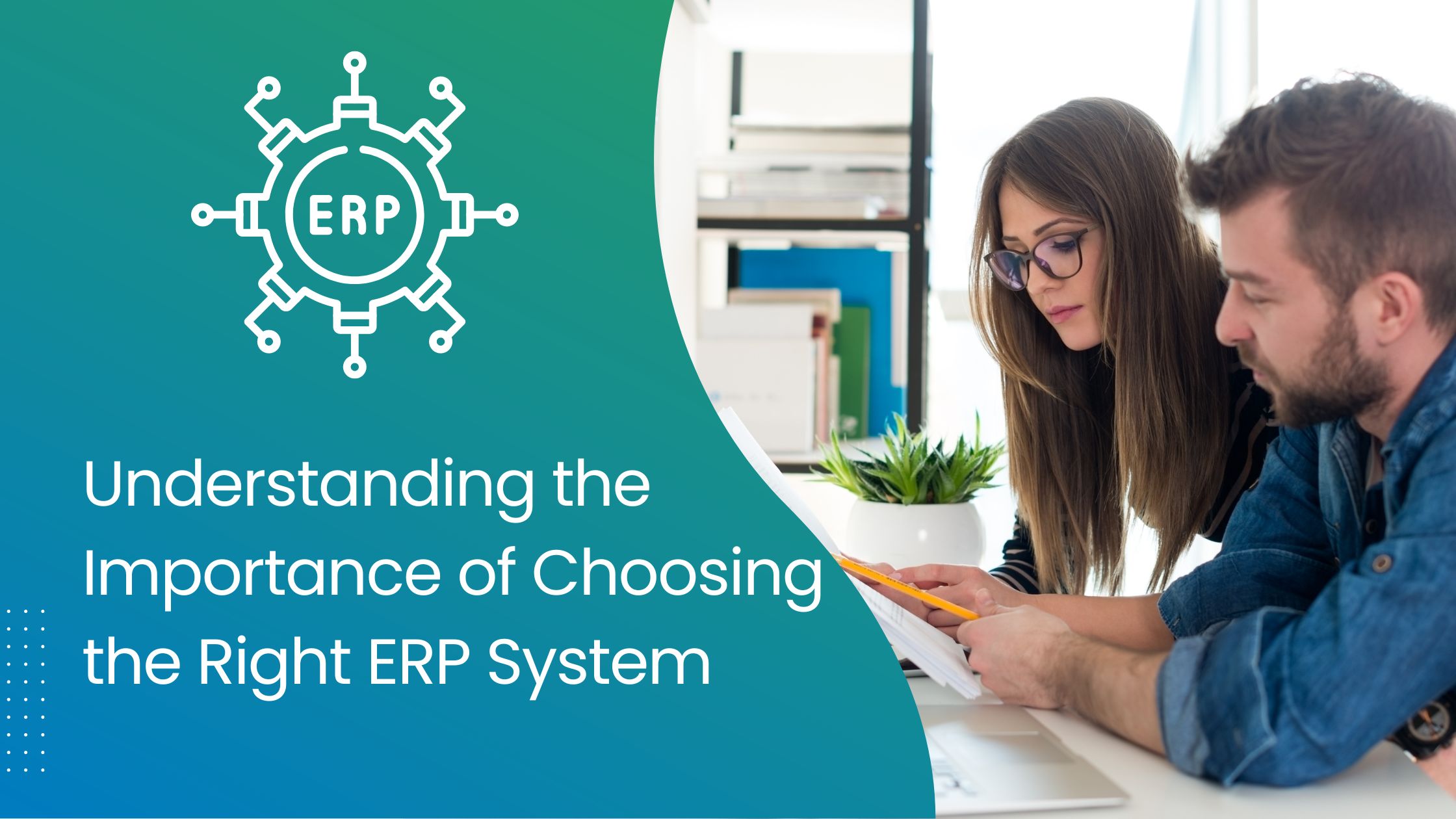Key Factors Influencing ERP Implementation Costs:
Scope and Complexity
When assessing ERP Implementation Costs, it’s crucial to consider the scope and complexity of the system you require. Additional features and intricate functionalities may lead to higher expenditures as they often entail more development time and resources.

Number of Users & Customization
The number of users accessing the ERP and the level of customization needed significantly impact implementation costs. Larger user bases and extensive customization requirements typically translate to higher expenses, as they necessitate more licenses and development work to tailor the system to your specific needs.
Integration Needs
Integrating the ERP with your existing systems can be both complex and costly. Compatibility issues and the need for specialized integration solutions can drive up implementation expenses, especially if extensive data mapping and middleware are required to ensure seamless communication between different platforms.
Training and Change Management
Effectively preparing your team for the adoption of the ERP system is essential for its successful implementation. Investing in comprehensive training programs and change management initiatives incurs additional costs but is crucial for ensuring that your staff can use the ERP efficiently and embrace the necessary organizational changes.

Licensing and Maintenance
The licensing fees and ongoing maintenance costs associated with the ERP depend on the vendor’s pricing model and the specific features you require. It’s essential to carefully evaluate these expenses as part of your overall budgeting process to avoid unexpected financial burdens down the line.
Hardware Upgrades
Implementing an ERP system may necessitate hardware upgrades to support its operation effectively. Investing in new infrastructure, such as servers and networking equipment, can contribute significantly to the total cost of implementation and should be factored into your budget accordingly.
Data Work
Data migration and cleansing are integral components of ERP implementation and come with their own set of costs. Whether you’re transferring data from legacy systems or consolidating information from multiple sources, allocating resources for data migration and cleanup is essential for ensuring the accuracy and integrity of your data within the new ERP environment.

Implementation Timeline
Tight deadlines or accelerated implementation schedules may require additional resources and can result in higher costs. Rushed implementations often involve overtime pay, expedited procurement of resources, and increased project management overhead to meet project milestones on time.
Vendor Selection
Choosing the right ERP vendor is a critical decision that can impact both upfront and long-term costs. Different vendors offer varying pricing structures and contractual terms, so conducting thorough vendor evaluations and negotiations can help ensure that you secure the most cost-effective solution for your organization’s needs.
Ongoing Support
Post-implementation support services are essential for maintaining the efficiency and functionality of your ERP system over time. Budgeting for ongoing support and maintenance costs is vital to ensure that you have access to timely assistance and updates to address any issues or evolving business requirements that may arise post-implementation.

Why Your Business Needs an ERP System
Moving from QuickBooks to an ERP system might seem daunting; however, it’s crucial for businesses aiming to excel in today’s competitive market. Recognizing when you’ve outgrown QuickBooks and embracing ERP capabilities can significantly boost efficiency, productivity, and profitability.
Breakdown of Typical ERP Implementation Costs
- Software Licensing & Ongoing Maintenance Fees
- Subscription vs. one-time cost models.
- Annual maintenance fees for updates and technical support.
- Hardware & Infrastructure Upgrades
- Investments in servers, networks, and storage devices if existing infrastructure is insufficient.
- Implementation Services
- Vendor or consultant services for set-up and customization.
- Data Migration & Cleaning
- Preparing and transferring data to the new system incurs costs.
- Training & Change Management
- Necessary to familiarize staff with the new system and manage the transition.
- Integration with Existing Systems
- Custom development and middleware to connect ERP with other applications.
- Post-Implementation Support and Service
- Ensuring continued alignment of the ERP system with organizational needs.
- Additional Costs
- Unplanned expenses, employee overtime, and extra resources to meet project milestones.
While ERP implementation is indeed a hefty investment, its potential to revolutionize organizational efficiency and productivity can make it a worthwhile venture. Conducting thorough due diligence in the planning phase will help yield a transparent view of the costs involved, allowing for a more informed decision-making process and alignment with the strategic goals of the organization.

Maximizing ROI through Strategic Planning
Effective planning is crucial for maximizing the return on investment (ROI) from ERP implementation. By carefully considering factors such as scope, customization, and integration needs, organizations can better estimate costs and ensure that the chosen ERP system aligns with their specific requirements and long-term objectives.
The Power of Needs Analysis
Jenny, an expert from accountingdepartment.com, emphasizes the importance of conducting a thorough needs analysis before embarking on an ERP implementation. Engaging stakeholders and pinpointing workflow issues ensures chosen ERP suits needs, delivering maximum value for businesses.

Continuous Monitoring and Optimization
Investing in an ERP system should be seen as a strategic decision aimed at driving growth and achieving operational excellence rather than a mere financial burden. With ongoing monitoring and evaluation of the system’s performance, organizations can identify potential cost-saving opportunities and ensure optimal utilization of resources in the long run.
Investing for Long-Term Success
In conclusion, while ERP implementation costs may initially seem daunting, the benefits of improved efficiency, streamlined processes, and enhanced decision-making capabilities can far outweigh the expenses involved. By approaching ERP implementation as a strategic investment and prioritizing careful planning, effective implementation, and continuous optimization, organizations can leverage their ERP system as a valuable asset in driving success and achieving sustainable growth.

Understanding the Importance of Choosing the Right ERP System
Selecting and implementing an ERP system is a crucial decision for any organization, as it significantly impacts operational efficiency, data management, and overall business performance. It’s essential to consider ERP implementation costs to ensure the investment aligns with the organization’s budget and strategic goals. Here are some key reasons why choosing the right ERP system is so important.
Ensures Efficient Resource Management
A primary benefit of an ERP system is its ability to streamline processes and centralize data, promoting effective resource management. However, picking the wrong ERP system can lead to higher costs, inefficient use of resources, and operational disruptions. Therefore, selecting an ERP system tailored to your organization’s needs can optimize resources and enhance overall efficiency.

Facilitates Data Visibility and Decision Making
An ERP system integrates data from various departments, providing a comprehensive view of organizational operations. This visibility allows for better decision-making based on real-time insights, improving business performance. If the chosen ERP system doesn’t effectively integrate and manage data, it can hinder decision-making. Hence, selecting an ERP system with robust data management capabilities is essential for accurate and timely decisions.
Supports Scalability and Growth
As businesses grow and evolve, their needs and requirements change. An ERP system that cannot scale or adapt to these changes can impede growth. Conversely, a flexible and customizable ERP system can support business expansion. Considering scalability and future needs when choosing an ERP system is crucial for long-term success.
Enables Regulatory Compliance
Compliance with regulations and industry standards is critical in today’s fast-paced business environment. A suitable ERP system should have features that facilitate adherence to these regulations, reducing the risk of non-compliance penalties. An ERP system with robust compliance capabilities can also provide peace of mind to stakeholders and regulators.
Conclusion:
Choosing the right ERP system is a strategic decision that requires significant investment, planning, and evaluation. It’s crucial to consider factors such as cost, functionality, reliability, scalability, and data management when selecting an ERP system. A well-implemented and optimized ERP system can be a valuable asset in driving growth, enhancing operational efficiency, and achieving organizational objectives. Therefore, thorough research and due diligence are essential to choose an ERP system that best fits your unique needs and goals.
If you are considering an ERP, involving the right partner can help you evaluate the ROI of an ERP.

